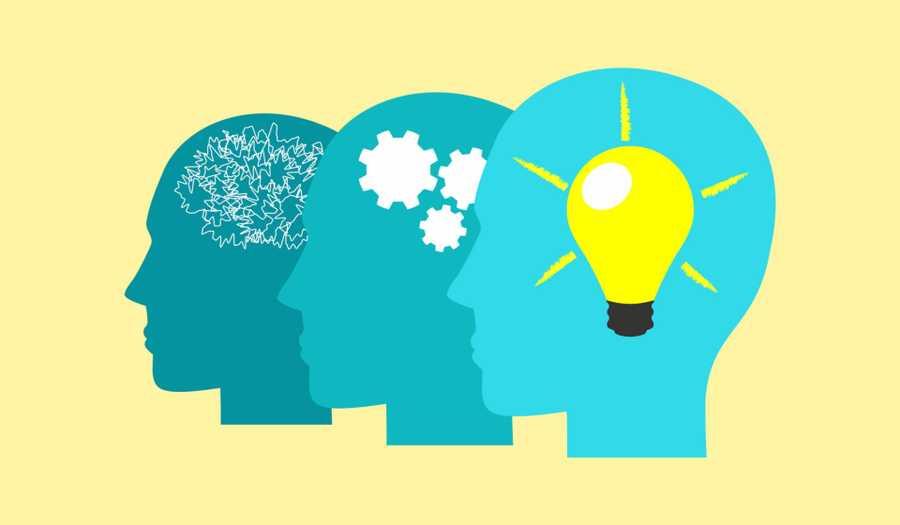Pursue what appears to be a paradox
It will force you to reexamine the full body of evidence with new eyes.
Seeking relevant knowledge in unfamiliar disciplines increases the odds of serendipitous insights and allows novel empirical patterns to emerge.
146
502 reads
CURATED FROM
IDEAS CURATED BY
The idea is part of this collection:
Learn more about problemsolving with this collection
Effective note-taking techniques
Test-taking strategies
How to create a study schedule
Related collections
Similar ideas to Pursue what appears to be a paradox
It's easier than ever to be a polymath
It's easier than ever to pioneer a new field, industry, or skill set:
- New skill sets, industries, and fields emerge is by combining them with old ones.
- The number of new academic fields and business industries is increasing exponentially.
Getting to a deeper understanding of a subject
- Understanding the basics. This is a key element of effective thinking. Understanding a simple idea deeply builds a solid foundation for complex ideas.
- Build your foundation. Be honest with what you really know by using the Feynman Technique (by tea...
Learning to Think Laterally
- Be aware of how your brain processes information and how it identifies patterns.
- Don't shut out all the outside stimuli and allow some form of randomness into your day. This could expose you to new insights.
- Consider alternative approaches and solutions to problems, even if y...
Read & Learn
20x Faster
without
deepstash
with
deepstash
with
deepstash
Personalized microlearning
—
100+ Learning Journeys
—
Access to 200,000+ ideas
—
Access to the mobile app
—
Unlimited idea saving
—
—
Unlimited history
—
—
Unlimited listening to ideas
—
—
Downloading & offline access
—
—
Supercharge your mind with one idea per day
Enter your email and spend 1 minute every day to learn something new.
I agree to receive email updates
